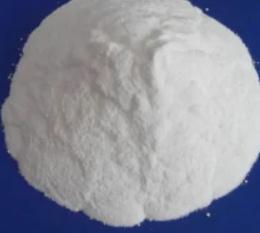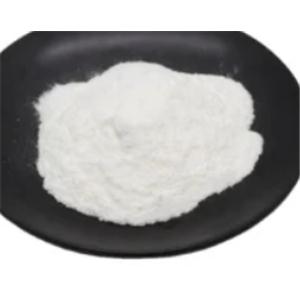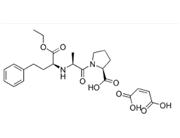Eplenone selectively acts on aldosterone receptors and is highly selective to salocorticoid receptors, but has less effect on androgen and progesterone receptors. Its affinity for salocorticoid is 15 to 20 times that of spironolactone, and its affinity for androgen and progesterone receptors is 500 times smaller than spironolactone, so there are fewer sex hormone-related adverse reactions. Eplenone can reduce hypertension. Since aldosterone may play an important role in the pathophysiological process of obesity-induced hypertension, Eplenone also has a good antihypertensive effect on diet-induced obesity-related hypertension. In addition, eplenone significantly reduces the ultrafiltration effect of the glomerulus and therefore reduces proteinuria in patients with high Chemicalbook blood pressure, and this renal protective effect is more pronounced in patients with hypertension combined with diabetes. Eplenone is not an inhibitor of CYP1A2, CYP3A4, CYP2C19, CYP2C9, or CYP2D6. It does not inhibit the metabolism of dichlorophenolic acid, methylphenidate, losartan, amiodarone, dexamethasone, phenytoin sodium, phenacetin, dextromethorphan, metoprolol, metobutamide, amlodipine, astimazole, Ciszapide, Diazepam, 17-acetylidiol estradiol, fluoxetine, lovastatin, methylprednisolone, midazolam, Nifedipine, glibenuride and warfarin.


 China
China








